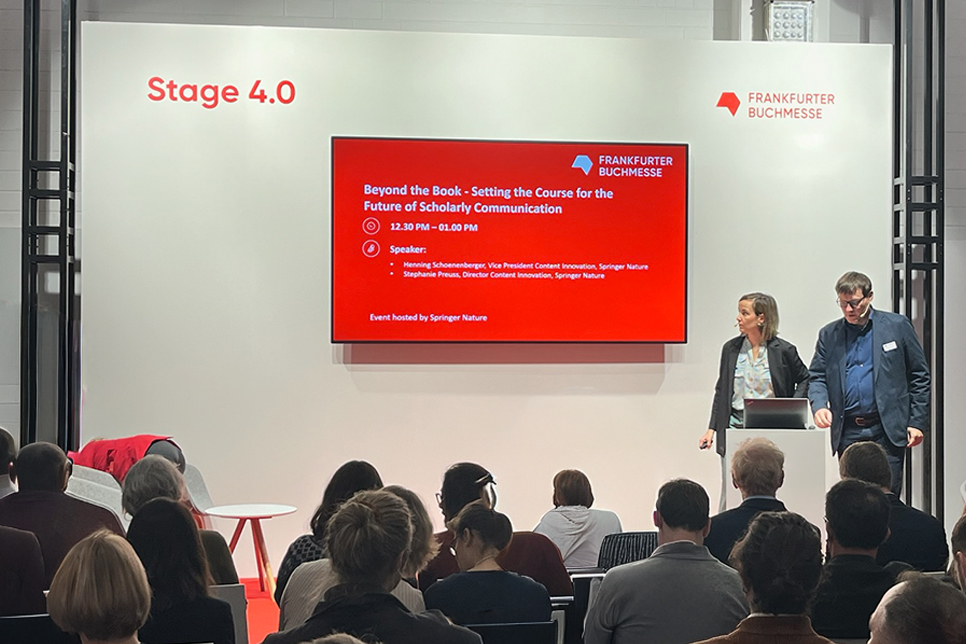by KnowledgeWorks Global Ltd.
Last week, a group of 30 epidemic modeling specialists going by the name of ‘the Imperial College COVID-19 Response Team’ released a 20-page document highlighting several stark truths about the strategies being deployed by the US and UK governments as they confronted the unprecedented challenges of the rampant global COVID-19 pandemic.
The scientists warned of the potentially devastating consequences of the ‘mitigation’ approaches being adopted, projecting 250,000 deaths in the UK and as many as 1.2m in the US should we continue along the same paths, while suggesting that a ‘suppression’ strategy would be far more effective at limiting the human cost and impact on healthcare systems.
Almost overnight, both British and US governments completely pivoted and started to implement more extreme social distancing measures to limit the spread of the disease. Media around the world collectively welcomed the immediate policy U-turns and unanimously attributed the changes in tack to the publishing of this timely research. Whether or not the team of scientists, led by the esteemed coronavirus-infected professor Neil Ferguson, expected their paper to have this kind of instant impact on global government policy remains to be seen. But it did.
Access all areas
While this particular Imperial College study was not published in a journal, nor peer reviewed prior to its publication, most academic research and scientific papers are. But, in light of these extraordinary circumstances, where there is a fundamental need for scientific research on COVID-19 to be published expediently and made easily accessible – and it really can make all the difference – this time-honored traditional process is having to adapt, at least momentarily.
As reported during the early stages of the virus’ outbreak, 94 journals, societies and institutions signed a pledge to make all relevant research and data on COVID-19 freely available. As a result, epidemiologists, disease modelers, virologists and others from the science and medical communities now have access to studies, resources and datasets to inform their treatment strategies, public health initiatives and the development of drugs.
Following suit, and in a similar initiative aimed at making research quickly available via open access, STM Association members announced a move to provide immediate and free access to all relevant peer-reviewed publications for the duration of the outbreak, with over 32,000 articles and other materials being made available. Furthermore, at the request of the White House Office of Science and Technology Policy (OSTP), the COVID-19 Open Research Dataset – a new Open Access hub for academic resources on the virus – was launched this week with 24,000 research papers free to download.
Before the ink is dry
Often a time-consuming process yet , one of the essential pillars of the academic publishing, peer review is being sped up by some journals to ensure important research can be produced and disseminated in a timely fashion. Speaking to The Scientist, Edward Campion, executive editor of New England Journal of Medicine (NEJM), commented “the journal’s expert virologists have been willing to review papers under very short turnarounds, sometimes less than 24 hours.” However, with so much new research on COVID-19 coming through and journals having to be more selective about what is published and what is rejected, it is likely that only the most senior and experienced academics will see their research peer reviewed and published.
This is perhaps why preprint servers, with their hive mind and community-based review approaches, have been in overdrive in recent months. Many scientists are not willing to have their research sit at the bottom of a peer review pile when they feel their contributions can really make an instant difference in the fight against COVID-19. A large number of scientists in this field have been posting findings, observations, data and research on open digital platforms such as bioRxiv, giving their peers full and immediate access at a time when they might need it most. Mistakes and erroneous research can sometimes be posted, but the growing popularity of these platforms as witnessed during these months, might tell us something about the future direction of scholarly communications.
These are unchartered waters for us all. And as we’ve seen, one single piece of research 20-pages long can make a huge amount of difference, change the course of history and potentially save thousands of lives. With this in mind, it’s vitally important that this important work can be processed, scrutinized, reviewed, published and disseminated at breakneck record speeds during these troubling times. So far, the publishing industry has responded, opening up channels and content so the scientific and medical communities can benefit, and accelerating peer review so that vital research can make its desired impact. But with preprints gaining new attention and media now reporting on research which is “awaiting peer review”, will academic publishing more widely embrace speed to publication as a top priority? As COVID-19 continues to disrupt life as we know it, all will be revealed.
KnowledgeWorks Global Ltd. (formerly Cenveo Publisher Services) is the industry leader in editorial, production, online hosting, and transformative solutions for every stage of the content lifecycle. We are your source for intelligent automation, high-speed publishing, accessibility compliance, digital learning solutions and more. Email us at info@kwglobal.com.





